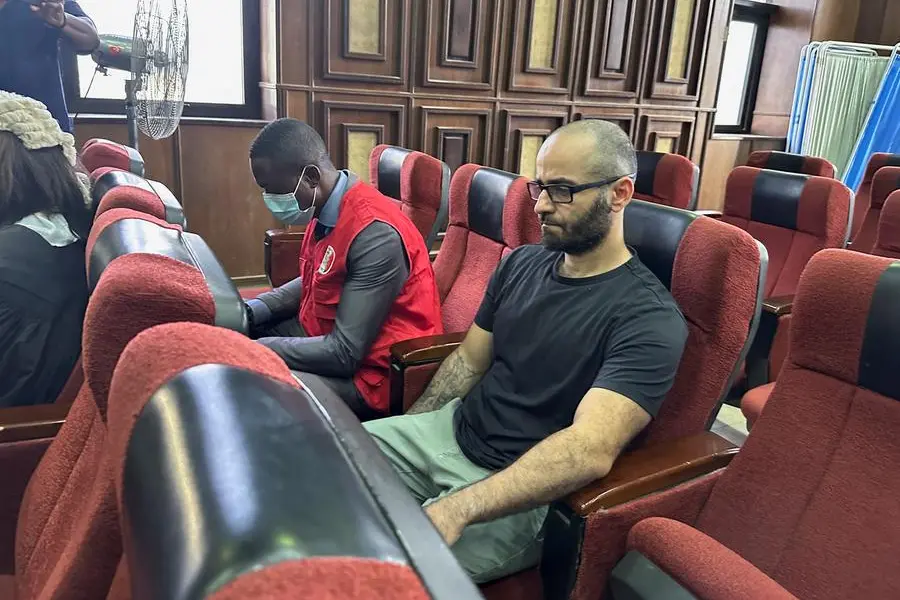PHOTO
ABUJA - One of the two executives from Binance, the world's largest cryptocurrency exchange, detained in Nigeria appeared in an Abuja court on Thursday to face tax evasion and money laundering charges.
Binance and two of its executives Tigran Gambaryan, a U.S. citizen and Binance's head of financial crime compliance, and Nadeem Anjarwalla, a British-Kenyan who is a regional manager for Africa, have been charged with four counts of tax evasion and with laundering over $35 million.
Gambaryan and Anjarwalla were detained on Feb. 26 in connection with a criminal investigation into Binance's activities in Nigeria when they arrived in the country. Anjarwalla escaped from custody and fled the country.
Gambaryan was served with the charges for the first time since his detention during his court appearance and did not take a plea. He will be formally arraigned for the money laundering and tax charges on April 8 and 19, respectively, when his plea will be taken.
Binance itself has not been charged by Nigeria's Economic and Financial Crimes Commission (EFCC), which has argued Gambaryan could face the charges on the exchange's behalf.
Gambaryan's lawyer Chukwuka Ikuazom objected, saying he was "neither a director, partner nor company secretary" and had no written instructions from Binance to face the charges on its behalf.
Ikuazom also argued that since Binance and Gambaryan were jointly charged, he could not take a plea until the exchange, the first defendant in the case, had been served, according to Nigerian law.
Binance, which was not represented in court and had no immediate comment, said on Wednesday that it respectfully requested that Gambaryan, who had no decision-making power in the company, was not held responsible while discussions are ongoing with the Nigerian government.
Gambaryan has asked a Nigerian court to release him.
Nigeria blamed Binance for its currency woes after cryptocurrency websites emerged as platforms of choice for trading the Nigerian naira currency, as the country grappled with chronic dollar shortages.
(Reporting by Camillus Eboh; Writing by Elisha Bala-Gbogbo Editing by Tomasz Janowski)





















